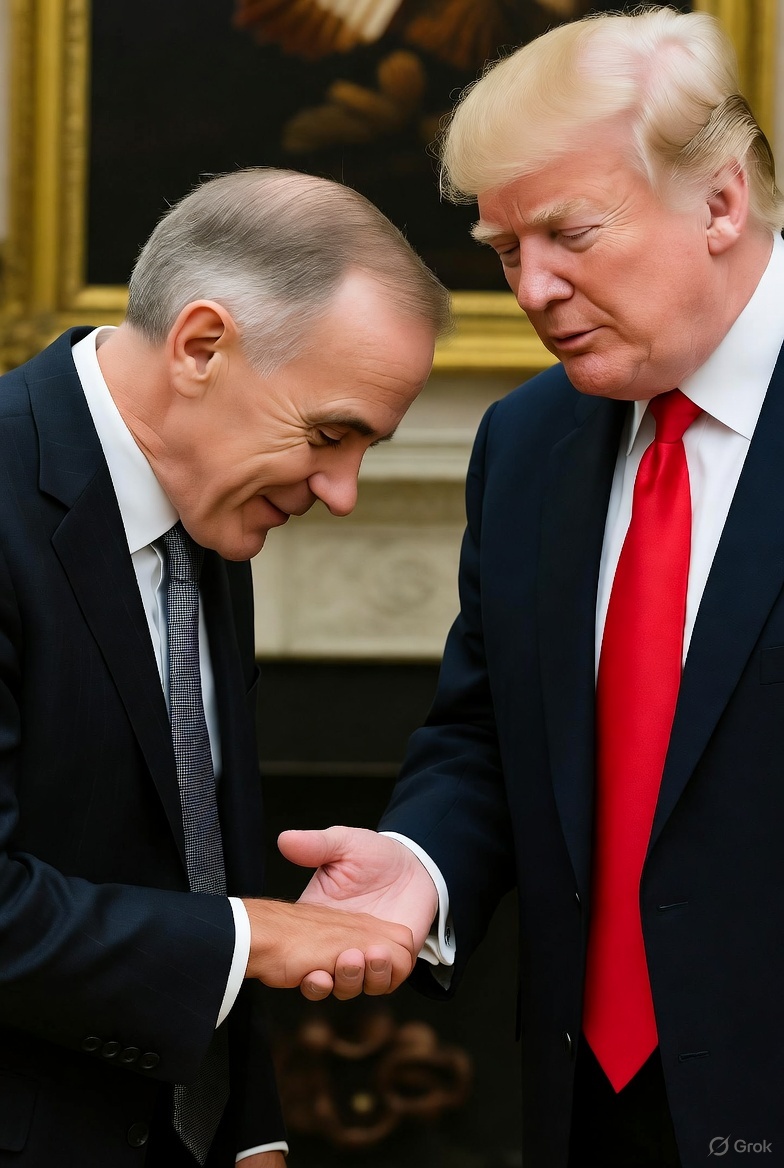Is Canada’s Quiet Vodka Diplomacy a trade secret worth sipping on? While we explore the complexities of sanctions and spirits, one thing’s for sure – it’s not just the vodka that’s on the rocks. From economic interests to diplomatic nuances, this revelation keeps us wondering, is it a toast to pragmatism or a twist in the sanctions saga? More on this below. Keep reading for our “hot take”!
In the intricate realm of international trade, a peculiar revelation has recently emerged on the geopolitical radar. Canada, known for its staunch adherence to sanctions imposed against Russia, has been quietly allowing companies to circumvent these restrictions, enabling the import of Russian goods, including the renowned Russian vodka. This covert maneuvering within the Canadian trade landscape raises significant questions about the efficacy of international sanctions and the intricacies of global trade dynamics.
The Sanctions Conundrum
Sanctions Overview
Sanctions serve as a diplomatic tool used by nations and international bodies to exert pressure on rogue states, promote political change, or discourage certain behaviors. In the case of Russia, various Western countries, including Canada, imposed sanctions as a response to Russia’s actions in Ukraine, Crimea, and its alleged involvement in cyberattacks. These measures were intended to cripple the Russian economy and deter further aggression.
Canada’s Sanctions Against Russia
Canada, traditionally a vocal advocate for international sanctions, imposed a series of measures targeting key sectors of the Russian economy, including energy, finance, and defense. These sanctions were designed to isolate Russia economically and compel it to alter its course. However, the recent revelation calls into question the effectiveness of these sanctions and sheds light on their unintended consequences.
The Quiet Compromise
The Canadian Exception
Amidst the sanctions rhetoric, it appears that Canada has been quietly granting exemptions to certain companies, allowing them to import Russian goods, notably vodka. This nuanced approach raises eyebrows and highlights the complex interplay between international politics and economic interests. The question arises: why would Canada choose to permit such imports?
Economic Considerations
One plausible explanation for this exception lies in the economic ties between Canada and Russia. While Canada officially condemns Russia’s actions on the international stage, behind closed doors, economic pragmatism may be taking precedence. Russian vodka, for instance, holds a significant market share in Canada, and banning it entirely could have adverse consequences for the domestic alcohol industry and, consequently, the Canadian economy.
Trade Balance and Energy Dependence
Moreover, Canada relies on Russia as a key supplier of uranium, which plays a pivotal role in its nuclear energy sector. Imposing stringent sanctions on Russian imports could disrupt this critical supply chain, negatively impacting Canada’s energy security.
The Broader Implications
Sanctions Efficacy and Diplomatic Nuance
The case of Canada quietly permitting the import of Russian goods raises fundamental questions about the efficacy of sanctions as a diplomatic tool. It underscores the inherent challenges in enforcing comprehensive sanctions and the delicate balance that countries must strike between their political stances and economic interests.
International Trade Dynamics
This revelation also highlights the intricate nature of international trade dynamics. The global economy is a complex web of interdependencies, where political decisions can have far-reaching economic ramifications. The Canadian example demonstrates how nations must navigate these complexities carefully.
Hot Take: “Canada might be keeping its vodka on the rocks, but when it comes to navigating international trade, it’s all about finding that delicate balance. Cheers to diplomacy with a twist!”









